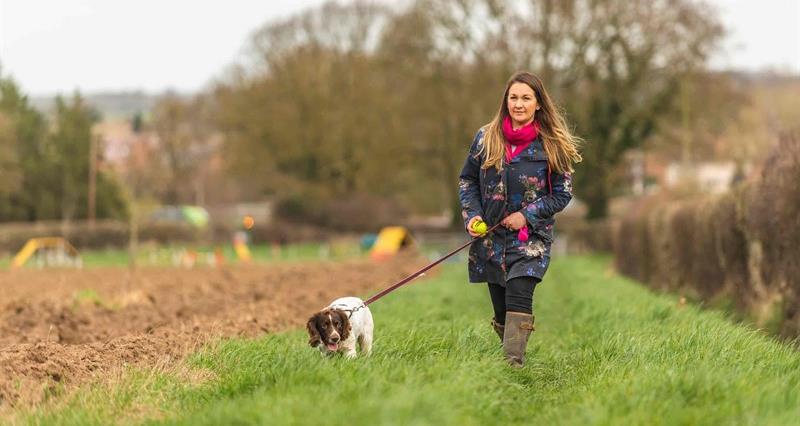Bills only have a limited amount of time to pass, so this delay is welcome.
We will continue to urge MPs not to support the Bill and instead to promote managed and responsible access to the countryside
The Bill
Farmers are crucial in managing our iconic landscapes, now and for future generations. We understand our vital role in providing access to the countryside and know the significant benefits to the wellbeing of society as a whole.
However, it is vital that any access must be handled in a responsible and managed way.
Earlier this year, Caroline Lucas presented a Private Members’ Bill – Countryside and Rights of Way Act 2000 (Amendment) Bill – to Parliament. The next stage of the Bill, its Second Reading, is scheduled to take place on 28 October 2022.
Private Members Bills are Bills introduced by individual MPs, rather than the government. They rarely become law, but the NFU is making sure MPs are fully briefed on our concerns.
What does this mean for farmers
Currently the public are allowed on foot in areas of open country including mountain, moor and down and there are already 160,000 miles of footpaths and bridleways in England.
This Bill proposes extending the areas of open country on more of England’s countryside, including woodlands, green belt, and riverbanks. This could include areas of land owned by farmers.
Ultimately, the legislation could give members of the public more rights to access productive farmland and camp on land owned by farmers.
Modern and adaptable public access network
Rather than blanket open-access designations, the NFU would like to see the development of a modern and adaptable public access network that meets the needs of the public and food producing business and builds on the hundreds of thousands of miles of access already available.
9 things we are asking MPs to consider
Public access to the countryside brings benefits, but the NFU is explaining to MPs that public access also comes with responsibilities.
Particular concerns for members centre on the direct impact on farming businesses of extending the right of public access beyond existing Public Rights of Way and open country.
